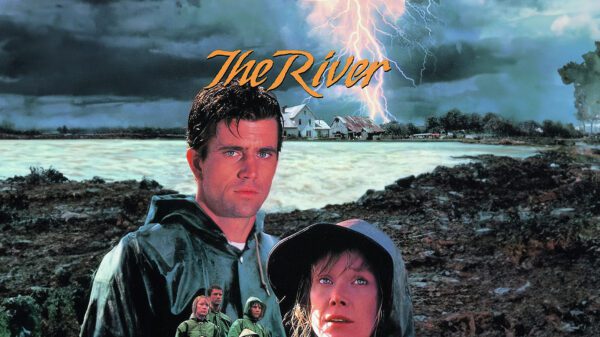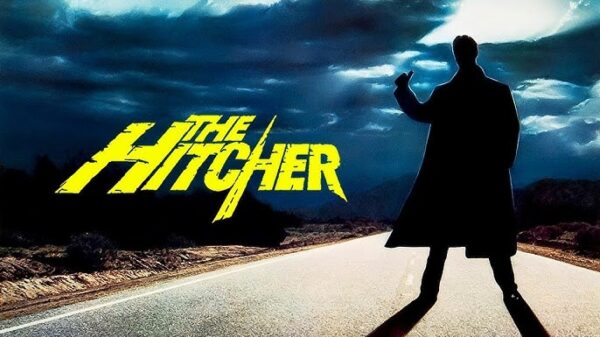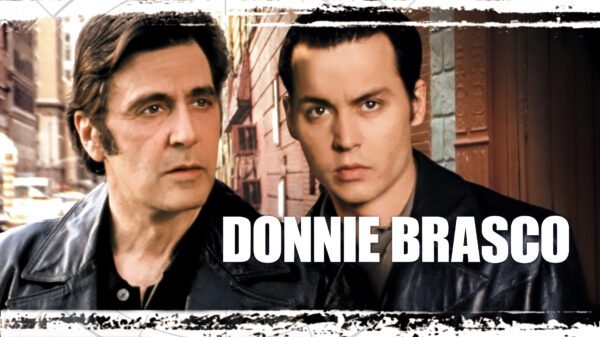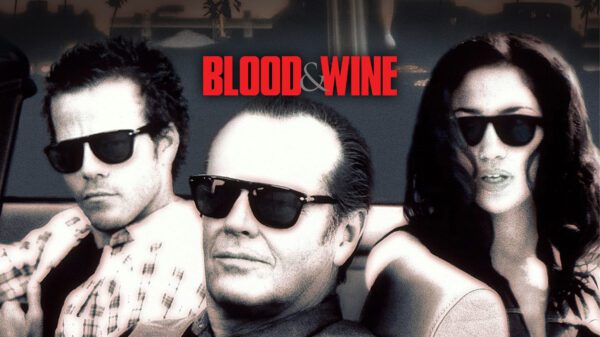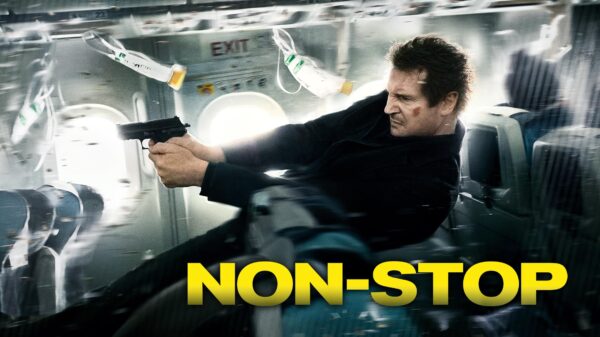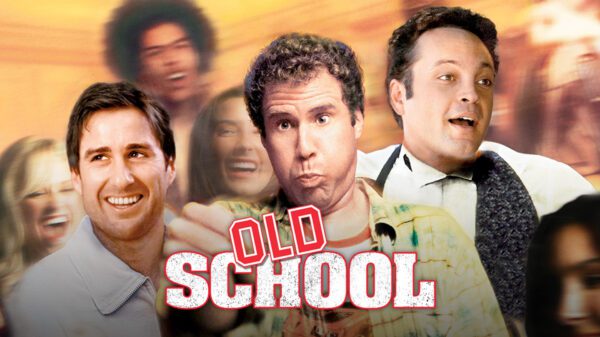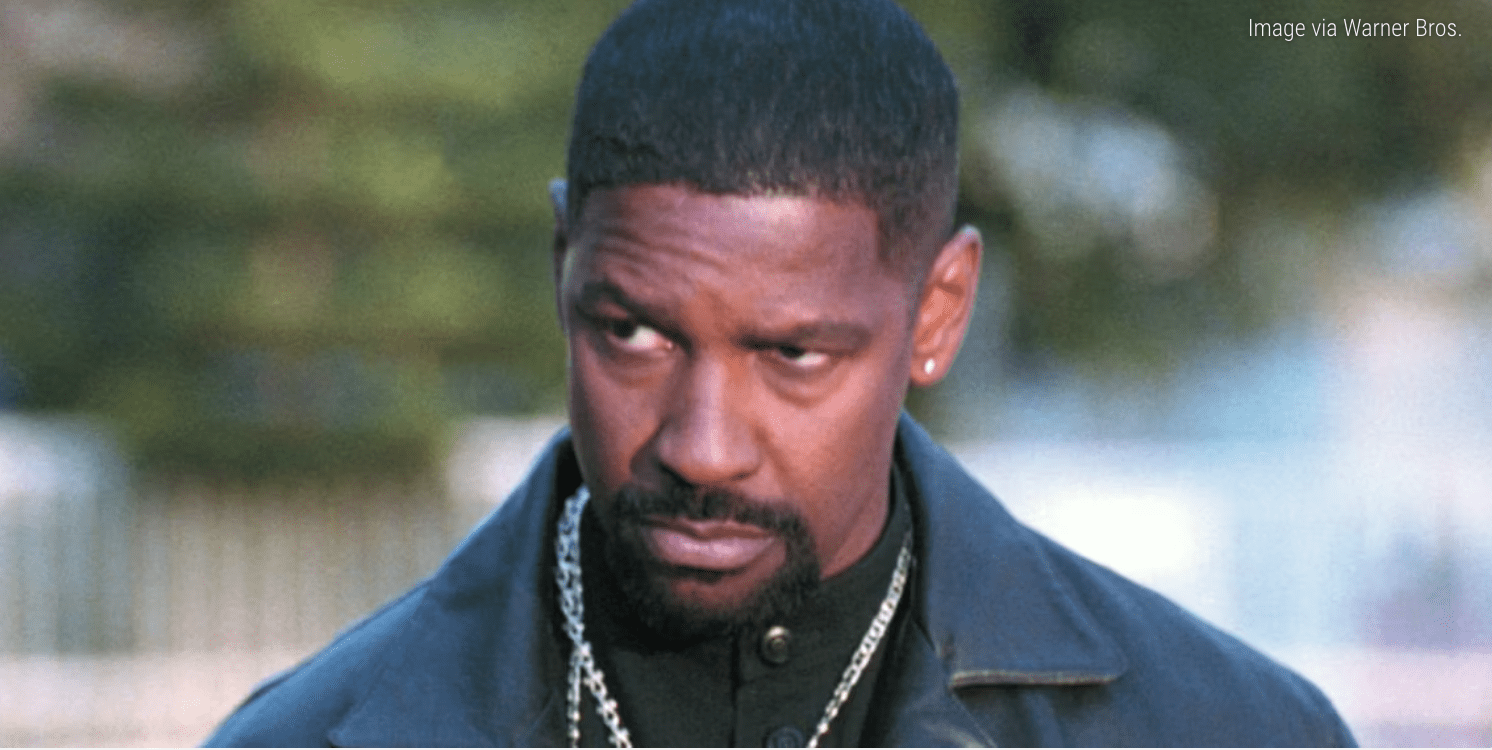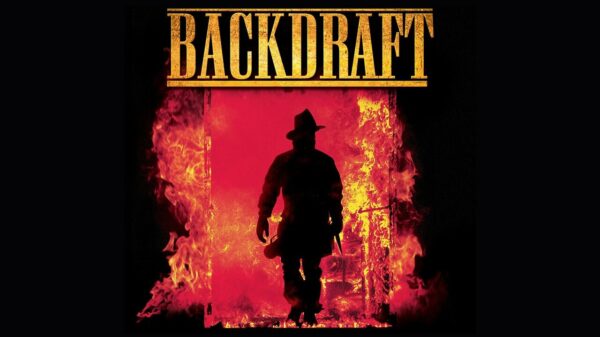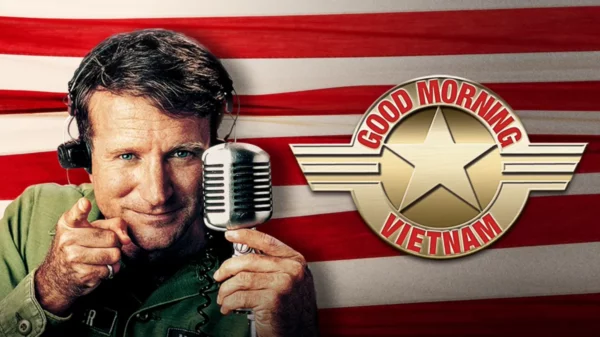Crimson Tide, released in theaters on May 12, 1995 is a gripping and intense thriller set aboard a U.S. nuclear submarine. The film masterfully creates a claustrophobic and suspenseful atmosphere, driven by powerful performances from its lead actors and a taut, thought-provoking plot.
Denzel Washington delivers a commanding performance as Lieutenant Commander Ron Hunter, the newly appointed executive officer of the USS Alabama. Washington portrays Hunter as a sharp, principled officer, whose adherence to protocol and intellectual approach clashes with the more visceral command style of his superior. His nuanced portrayal of a man caught between duty and conscience is a highlight of the film.
Gene Hackman is equally brilliant as Captain Frank Ramsey, a seasoned submarine commander with a long and distinguished career. Hackman brings a raw intensity and unwavering conviction to the role, capturing Ramsey’s complex mix of patriotism, experience, and authoritarianism. The clash between Ramsey and Hunter forms the core of the film, raising compelling questions about leadership, authority, and the burden of command.
The supporting cast is also excellent. James Gandolfini, in one of his earlier roles, brings his trademark intensity to the crew, while Viggo Mortensen adds a layer of quiet determination.
George Dzunda provides a strong presence as the ship’s senior enlisted man, adding to the film’s authenticity and tension.
Oscar winner Jason Robards also made an uncredited appearance as Rear Admiral Anderson.
Crimson Tide excels in its exploration of the psychological dynamics of men in extreme situations. Confined within the narrow corridors of a submarine, facing the potential apocalypse, the crew is pushed to its limits. The film effectively conveys the pressure-cooker atmosphere, where every decision carries enormous weight.
Director Tony Scott‘s stylish direction, combined with Hans Zimmer’s powerful score, creates a sense of unrelenting tension. The film’s pacing is superb, alternating between moments of intense action and quieter, more introspective scenes.
Crimson Tide is also a testament to the power of effective film production. Producers Don Simpson and Jerry Bruckheimer, known for their string of high-octane action hits, bring their signature style to the film, ensuring a thrill-ride that is both visceral and intelligent. Their ability to balance spectacle with substance is evident in the film’s taut pacing and gripping suspense.
The screenplay, with uncredited contributions from Quentin Tarantino, is sharp and intelligent, raising complex moral and strategic dilemmas.
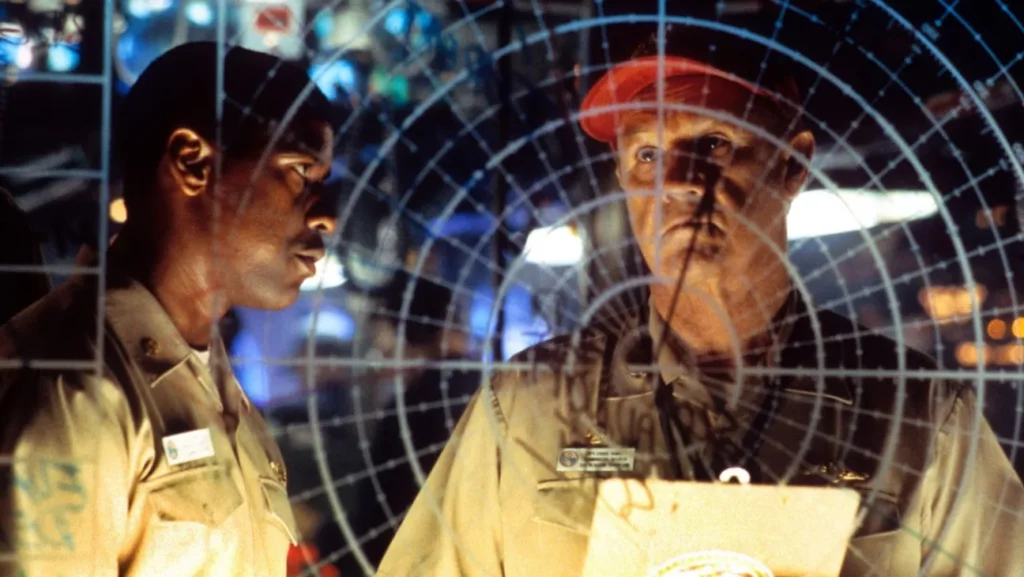
Denzel Washington and Gene Hackman in Crimson Tide (Photo/Hollywood Pictures)
Reception for Crimson Tide
Crimson Tide grossed $18.6 million on its opening weekend, finishing No. 1 at the box office.
The film would gross $157.3 million worldwide.
Roger Ebert gave the film three and a half out of four stars in his review, saying “This is the rare kind of war movie that not only thrills people while they’re watching it, but invites them to leave the theater actually discussing the issues.”
Legacy
Crimson Tide is more than just a submarine thriller; it’s a thought-provoking exploration of power, responsibility, and the fragility of peace. It’s a film that stays with you long after the credits roll, prompting reflection on the weighty decisions faced by those in command of nuclear weapons.



